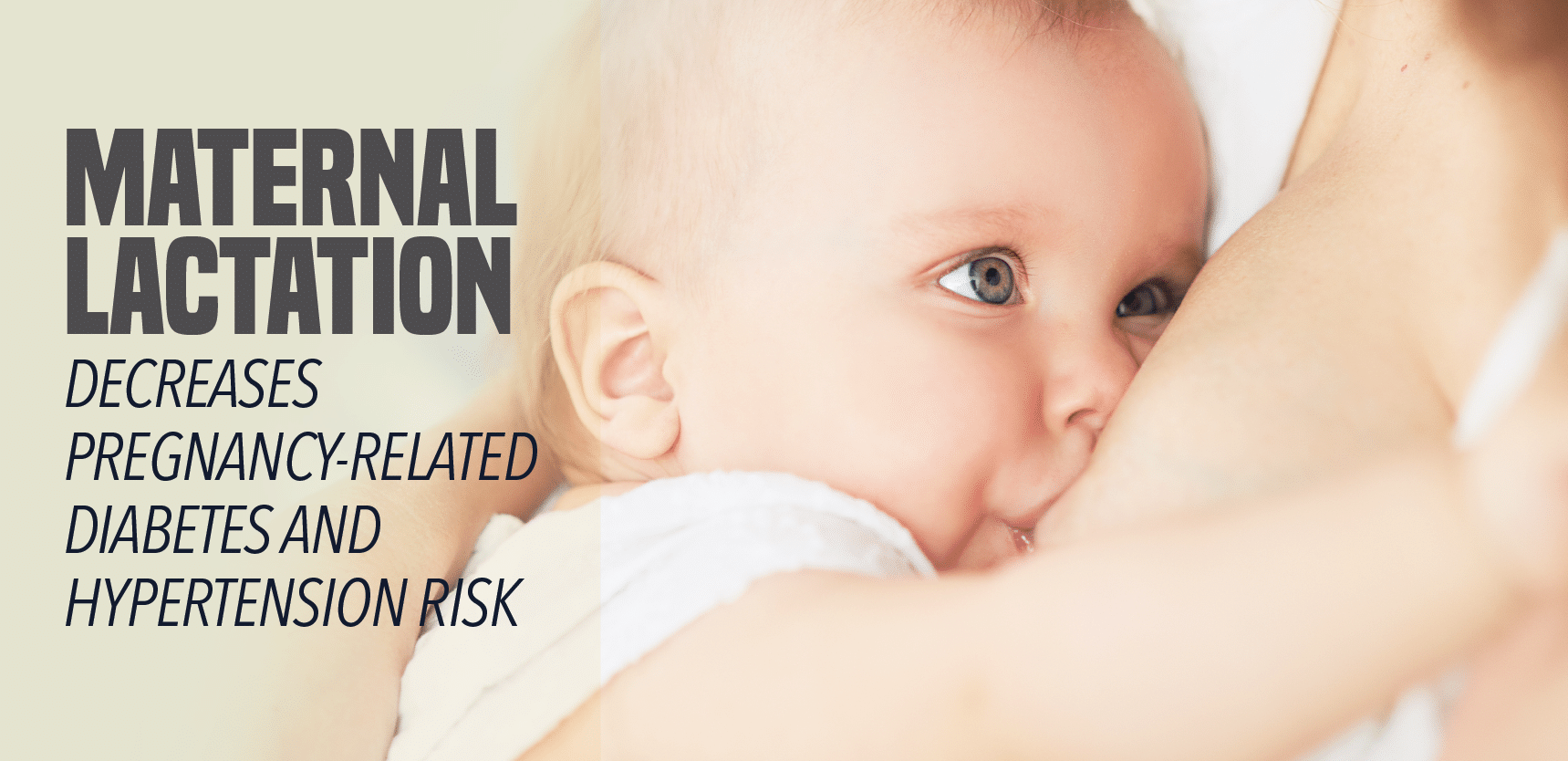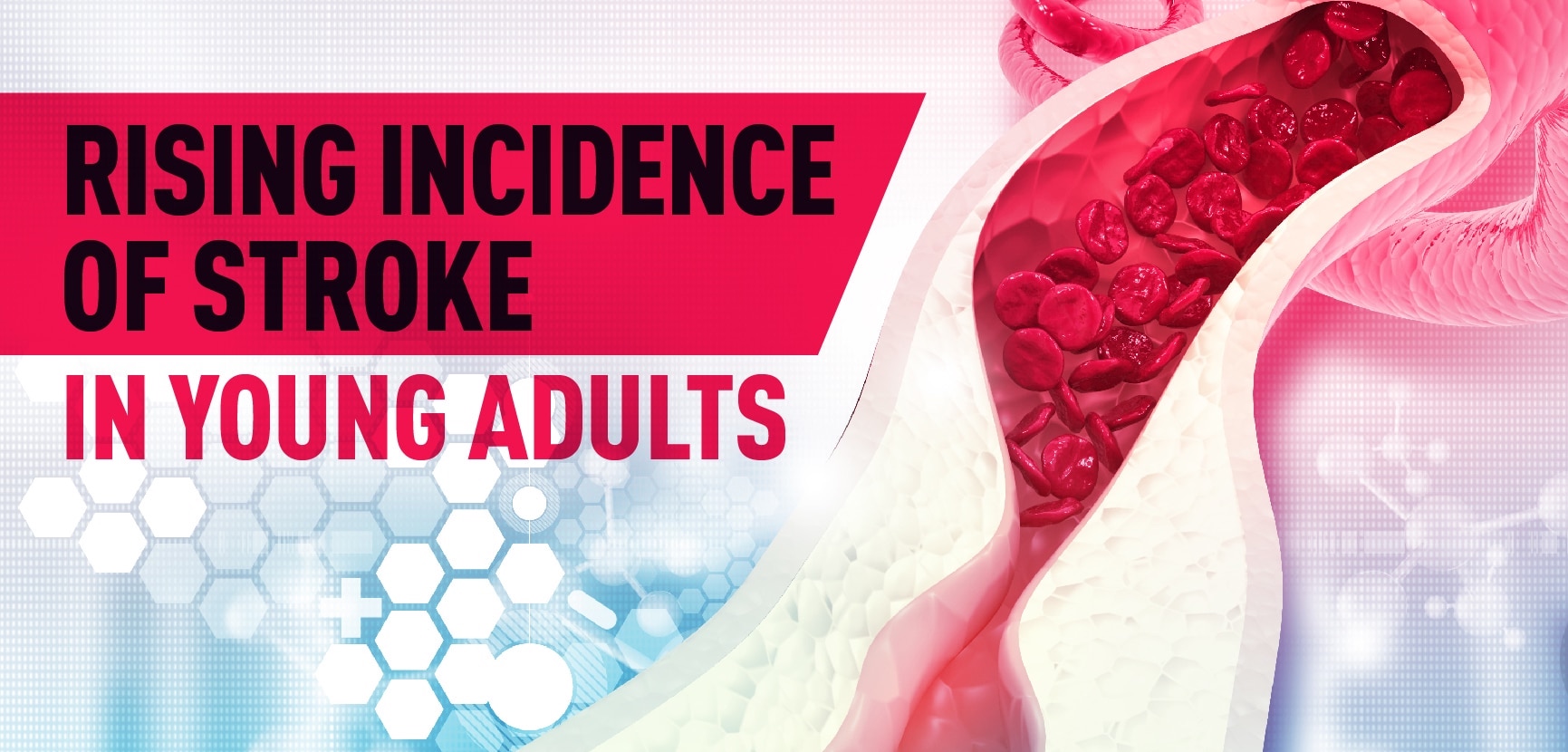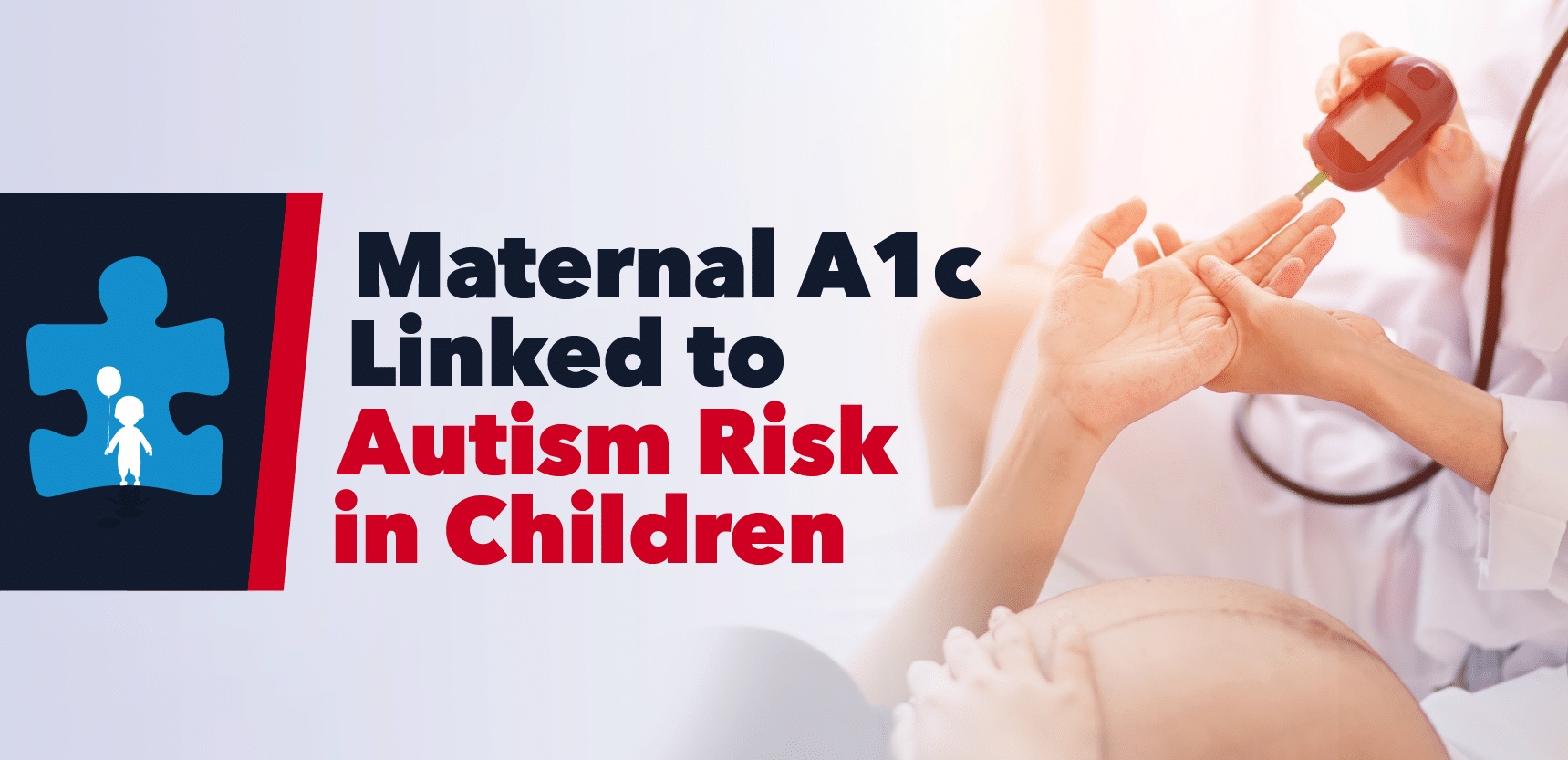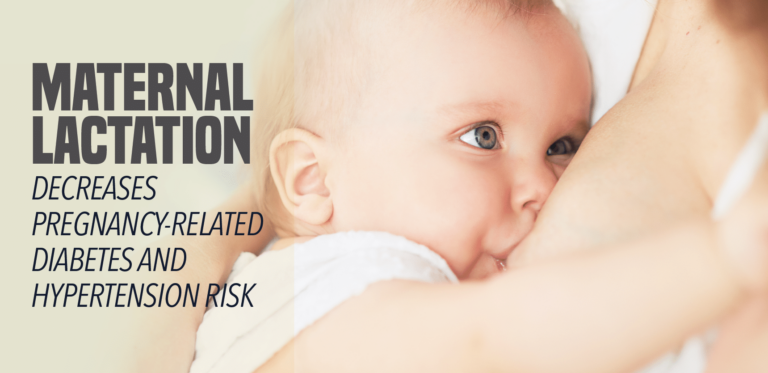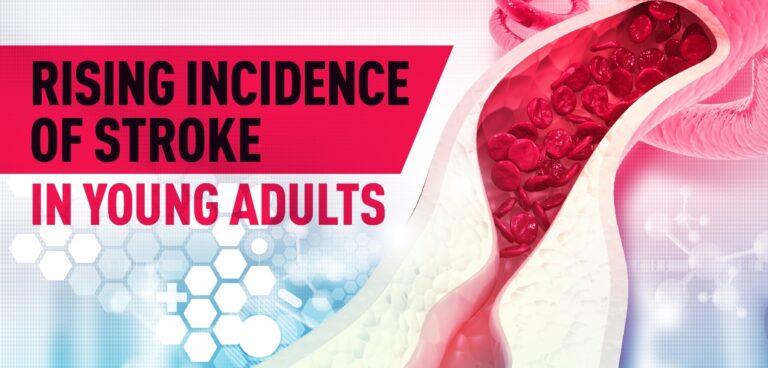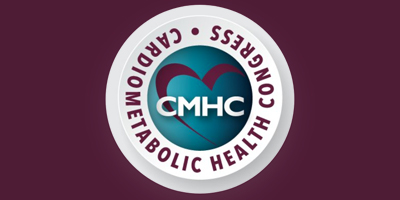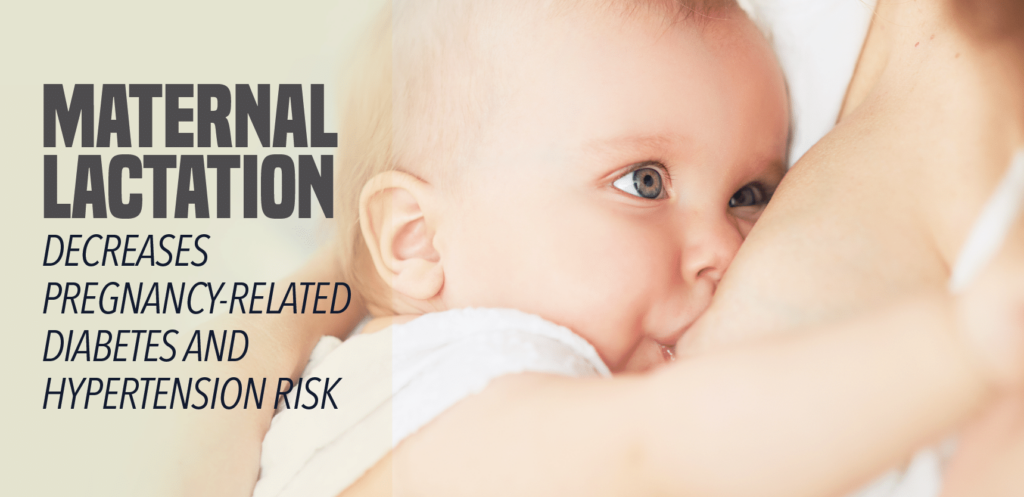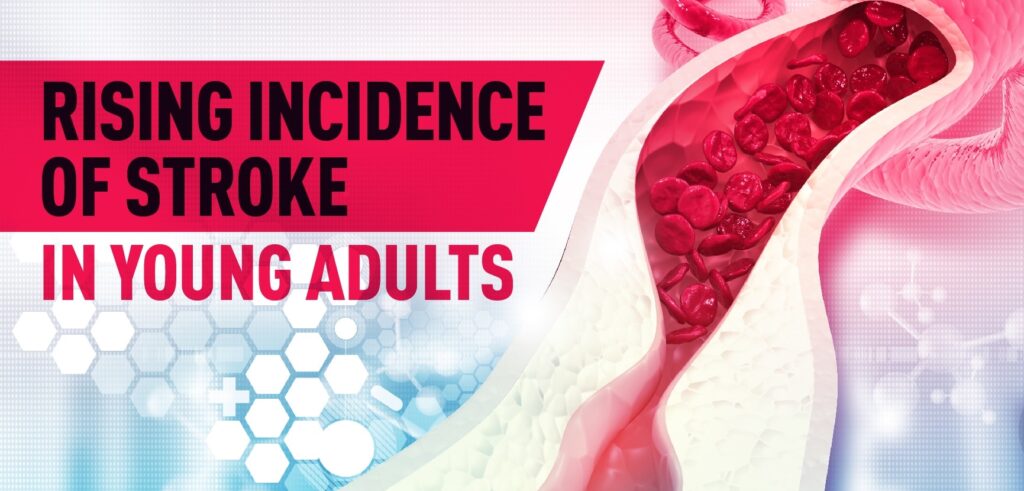Cardiovascular disease is one of the leading causes of death for both men and women across the globe. Although many traditional risk factors – such as hypertension and diabetes – are shared, women also experience unique cardiovascular and metabolic stresses that contribute to elevated CVD risk, especially during pregnancy and puerperium. Pregnancy can have an adverse effect on the metabolic profiles of new mothers, which may include higher cholesterol and triglyceride levels as well as decreased glucose intolerance. As a result, many female patients may suffer from pregnancy-induced hypertension and gestational diabetes – both of which can have severe long-term health repercussions.
Currently, there is evidence supporting the long-term health benefits of breastfeeding for women to mitigate the adverse effects of pregnancy on their health. Lactation has been associated with positive effects on the postpartum state and may work as a physiological reset of the metabolic profile. Previous studies have found lower rates of diabetes and hypertension in mothers who breastfed, although the strength of the associations has been varied. Sample sizes from previous studies of lactation and cardiovascular risk have been small and disparities in outcomes occurred. New research published in JAMA Network Open implicates the potential long-term health benefits of breastfeeding on cardiovascular risk.
Systematic Review of Maternal Lactation Benefits
The goal of the latest systematic review and meta-analysis led by Rabel Misbah Rameez, MD was to determine whether lactation associated with reduced rates of maternal diabetes and hypertension. Following the Meta-analysis of Observational Studies in Epidemiology (MOOSE) reporting guideline and the American Heart Association guideline, researchers evaluated 6 studies including over 200,000 women.
Dr. Rameez and colleagues analyzed data that specified a duration period of breastfeeding for at least 12 months, evaluating primary hypertension and diabetes as primary outcomes. Included in the review were full-text articles in English which reported statistical outcomes as odds ratios. Four of the studies assessed the association between lactation and diabetes, while five analyzed the relationship between hypertension and breastfeeding. Researchers then pooled data using random-effects models. The mean follow-up period across studies was approximately 10 years.
Reduced Risk of Diabetes and Hypertension
The study’s results revealed a significant benefit to maternal lactation on cardiometabolic risk and complications. Participants who breastfed for at least 12 months were 30% less likely to develop type 2 diabetes as well as 13% less likely to develop hypertension during the 10 years of follow-up when compared with women who never breastfed. The results remained true even after adjusting for traditional cardiovascular confounder and provide further evidence that breastfeeding is associated with long-term cardiovascular health benefits for women.
Longer-term studies are needed to assess and confirm the impact of lactation on outcomes for mothers, while further research may help to better understand the most recent results. As cardiovascular disease continues to be the leading cause of death in women, there is an urgent need for prevention strategies – especially during periods of metabolic vulnerability.
Prenatal and antenatal periods are opportunities for education about lifestyle interventions that could have a positive impact on maternal health, including weight loss, smoking cessation, exercise, and now breastfeeding. Although many women may not be able to breastfeed, those who can do so should be educated on the potential benefits lactation can have on their cardiovascular and metabolic health. As a low-risk intervention that can be easily integrated into daily clinical practice, medical professionals should encourage new mothers to breastfeed for the positive long-term cardiometabolic health effects.


